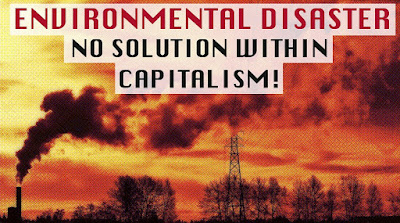Rivers and lakes are vital ecosystems. They cover less than 1% of the planet’s surface, but their 17,000 fish species represent a quarter of all vertebrates, as well as providing food for many millions of people. Healthy rivers are also needed to supply clean water. Yet only 14% of rivers have fish populations that has escaped serious damage from human activities. Scientists found that the biodiversity of more than half of rivers had been profoundly affected. The worst-hit regions are western Europe and North America. In the UK, there have been no prosecutions or fines issued to farms by the Environment Agency (EA) despite 243 violations of legislation designed to curb the agricultural pollution of waterways in England. The scale of pollution in English rivers from the agricultural runoff of chemicals and sewage pollution was exposed when in 2020, for the first time, no river achieved good chemical status, suggesting that pollution from chemicals and agriculture is having a huge impact on river quality. Sewage wastewater discharges by water companies into rivers account for damage to 36% of waterways, and runoff from agricultural industries is responsible for 40% of the damage.
"Human well-being lies in protecting the health of the planet," declared the United Nations Secretary-General António Guterres. "It's time to reevaluate and reset our relationship with nature."
The UN on Thursday released a report on the triple emergency of the climate crisis, the destruction of wildlife and habitats, and deadly pollution in what Guterres described as humanity's "senseless and suicidal war on nature." He added. "Human well-being lies in protecting the health of the planet. It's time to reevaluate and reset our relationship with nature.
The UN's report recommends various reforms such as carbon taxes; a redirection state subsidies and new business models.
An article by Vandana Shiva, an eco-activists, proposes much more fundamental changes as a solution and it is in the title of this article by her, 'Reclaiming Our Common Home: Expand the Commons to Include Everything We Need'.
She explains "Through reclaiming the commons, we can imagine possibility for our common future, and we can sow the seeds of abundance through "commoning." In the commons, we care and share—for the Earth and each other."
Her language is not ours, but she reflects our aspirations for a sustainable steady-state economy of common ownership, where production is for peoples' needs and not for a capitalist's profit.



No comments:
Post a Comment